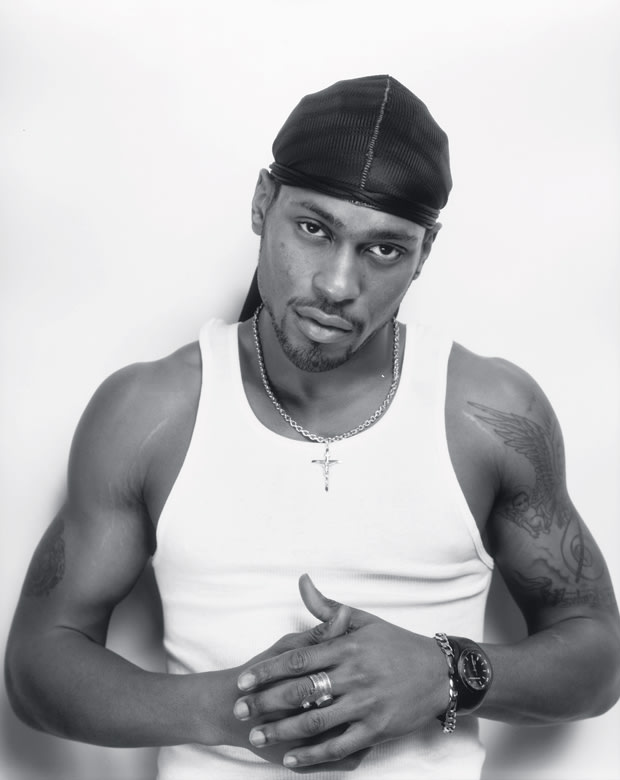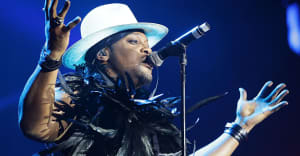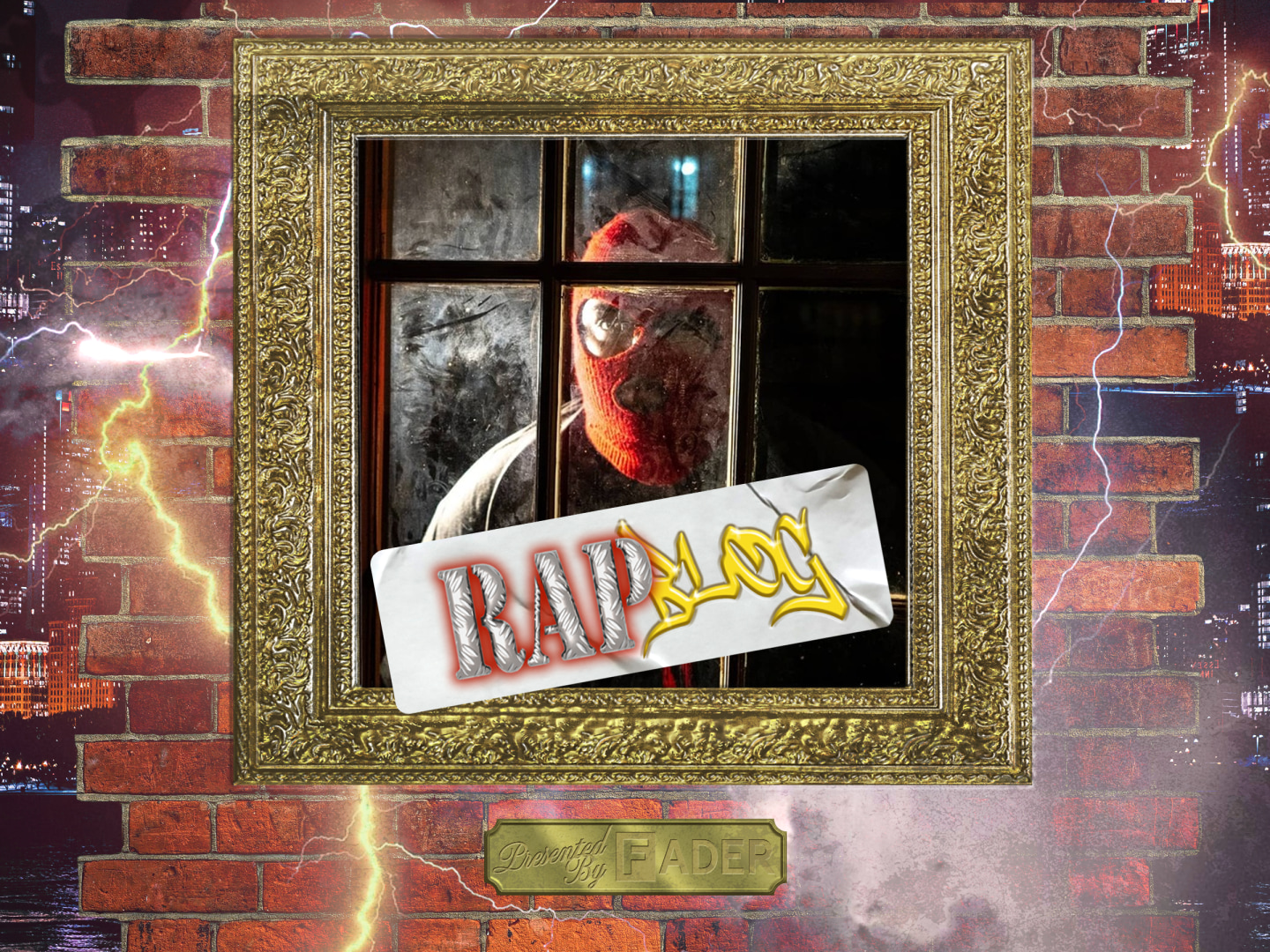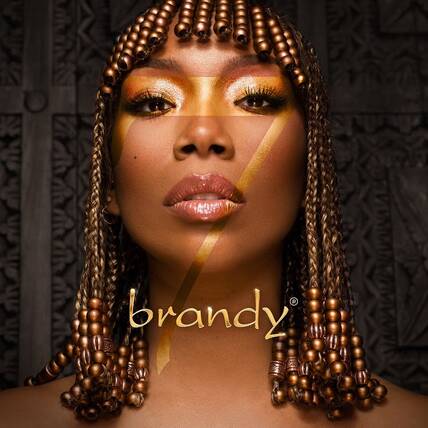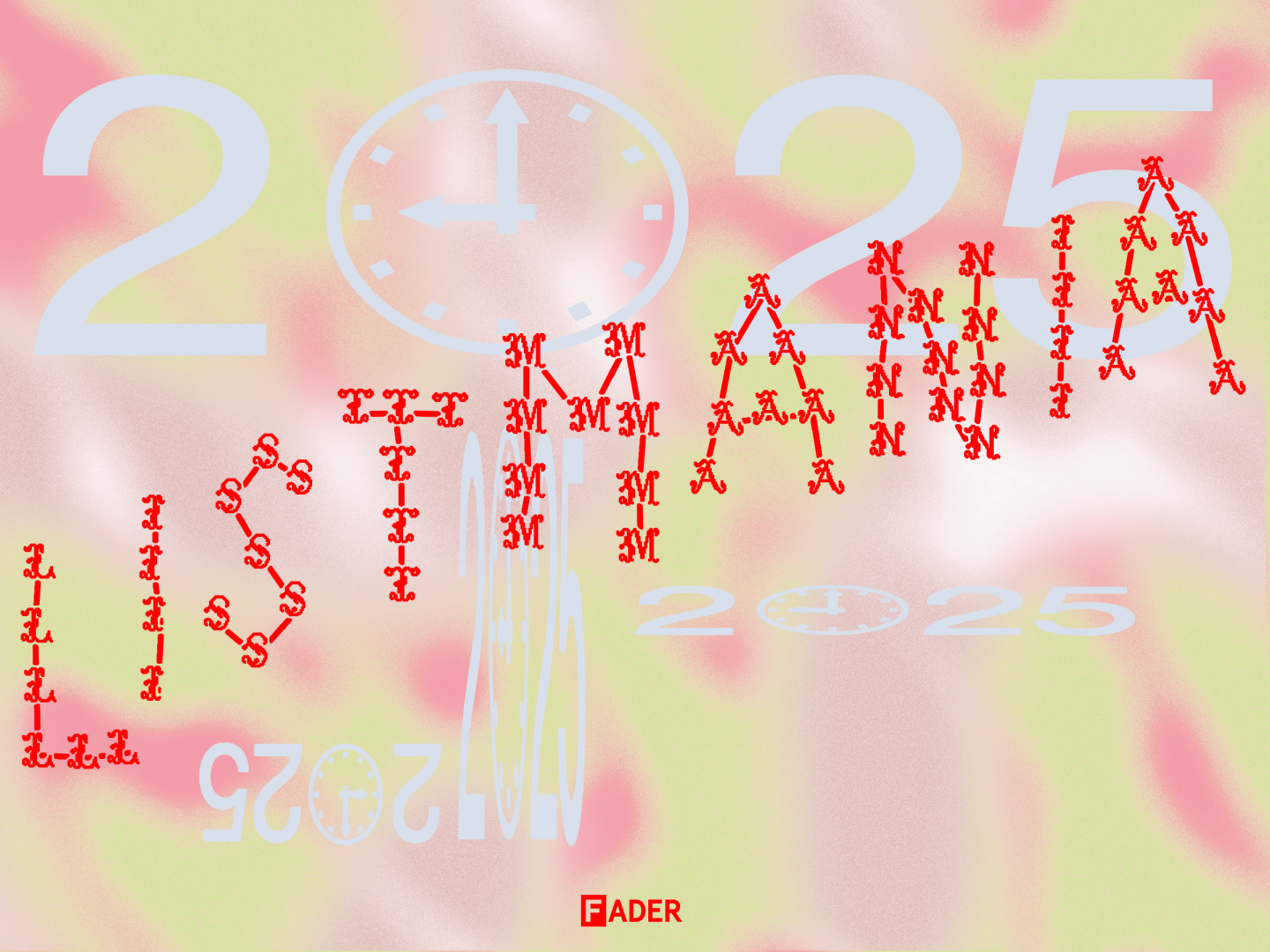FADER cover story”>
In 2000, D’Angelo was 26 years old. He’d release his generation-influencing album, Voodoo, in January of that year. Months later, he’d find himself in a room with rock artist Beck, taking photos for the cover of The FADER’s third-ever issue. At the time, D’Angelo was already a star in the making, ascending to a role that he’d later recuse himself from for years at a time, reluctant to give too much of himself to the spotlight. As he’d later tell journalist Jon Caramanica about fame in the interview accompanying the photoshoot: “It ain’t promised tomorrow.”
That cover story is a snapshot of an artist who was already revealing himself to be fiercely self-assured and highly skeptical of the music industry and where (and how) they wanted to place him. He was rebellious, resistant, and wholly devoted to the path of he considered himself to be walking, “Black music.” Following his death on October 14, these would all become traits that would define his towering legacy as an artist who protected his craft and his most precious, distinctive gift.
Ahead, read the most enlightening quotes from D’Angelo from his conversation with Beck, where he discussed the state of R&B music, his thoughts on Prince’s career, and his creative process. Revisit the full story here.
On his lengthy creative process
D’ANGELO: I’m famous for that—I take forever for one song. The thing that’s hard for me is that if I take two weeks away from a song, then come back to it, I’ve lost that initial energy about it.
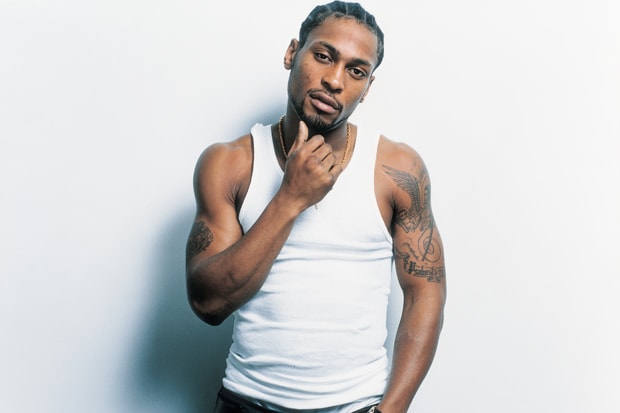 FADER cover story”>
FADER cover story”>
On the commercialization of R&B
D’ANGELO: It’s pop music now.
FADER: Well, if one person becomes successful at something, everybody moves there. When Curtis Mayfield passed, it got me thinking about the state of contemporary soul music, and how in the ’90s, we don’t really have that many soul icons. Back then, we had a Sam Cooke, a Curtis Mayfield, a Marvin Gaye, more than you can count on two hands. People whose records you could consistently buy, and count upon.
D’ANGELO: The whole cycle was that. It’s like you said about seeing motherfuckers being successful at using a format. Back in the day all those cats were really, really good, so that caused a chain reaction. It ain’t that now. It’s on some business-savvy shit now.
And you had the civil rights era, and all the shit that was happening in society, and music was playing a big part in it, as far as closing those gaps. Like when you had Jimi Hendrix, doing what he was doing, it was less a thing of an individual genre, but people really looking at the big picture. Jimi was blending so much shit together—he was deemed as a rock n roll artist, but he put so many influences into what he did—Curtis Mayfield, blues, whatever. Sly Stone even was picking up on that, and Miles Davis was trying to do the same shit. They were looking at a bigger picture.
On the shallowness of contemporary music
D’ANGELO: Motherfuckers could care less about politics or certain things. Everybody just wants to party and floss. The whole deeper consciousness of it is gone.
Everybody just wants to party and floss. The whole deeper consciousness of it is gone.
On his favorite period of hip-hop
D’ANGELO: My favorite period of time in hip-hop was around mid-’80s, late-’80s.
It hadn’t quite blew up yet. The only thing you would see on MTV was maybe Run-DMC with Aerosmith, or Salt ’N Pepa, but there was still a large undercurrent happening. And until the early ’90s, that was a real golden period.
On Prince’s late-career
D’ANGELO: Take Prince as an example. The shit that he’s doing now isn’t purely Prince. He need to bring out the old drums, and a piano, and that old guitar he used to play, not that big symbol joint. He thinks he needs to go farther, to top what he’s already done. He needs to go back to the ABCs.
My theory about it, I think the forces that used to be around when he was making great shit aren’t really around him anymore. He had Wendy and Lisa, who were very integral. You had The Time and Morris Day that was lighting a fire in his ass every night.
On his devotion to his craft
D’ANGELO: As a human being, I know that I make a living off of this, but this is something that I love. If I wasn’t making a living off of it, I would still do it. When I go out in the street, I gotta keep in mind that I ain’t nobody different than I was 10 years ago, before I had a record deal. Everything that you write is just a reflection of you, so you can’t lose touch with where you came from, because otherwise that’s gonna affect what you do.

